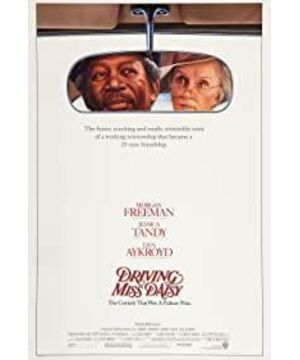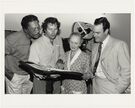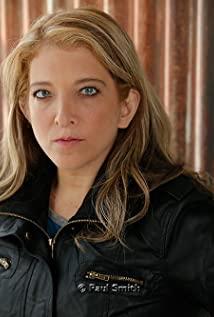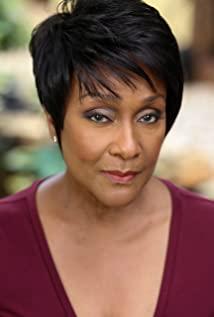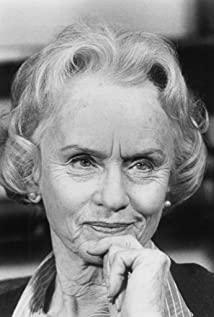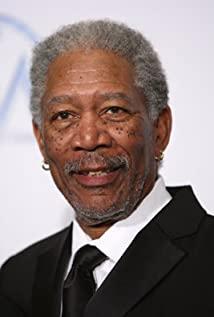The overall feel of the film is quite artistic, and the soundtrack master Hans Kilmer creates a witty tone with a touch of reed music. After a brief introduction to the characters, the film immediately goes straight to the topic: driving Miss Daisy. But it also makes people suspicious: is she a miss?
That's because the 72-year-old Daisy has a quirky temper and longs for her son to come to see her, but she is withdrawn and independent by nature, loves to pick on people, and is not forgiving. Although she is an old lady, she is a "eldest lady" in her heart. Hawke, who drove for her, was an honest person. He would not feel sorry for Daisy's temper. Instead, he used his hearty laughter and the upturned tone "Miss Dai/sy\" unique to Freeman to make the relationship between the two people. The disparity of character and skin color vanished.
However, the director of the film, Beresford, did not make more in-depth excavation of the estrangement. Hawke has been working hard to eliminate the estrangement, but Daisy has never bent down to help Hawke (until Martin Luther King's The party did not formally invite Hawke) and even the deceased maid said a good word (the maid even stubbornly believed that she could cook her dishes after her death), but after further aging, she pulled Hawke's hands and say "you are my best friend". In fact, objectively speaking, Hawke is indeed Daisy's best and only friend, but Daisy is not Hawke's friend. Compared with the similar work "Sister Peach", Beresford describes very little about the identity and interaction between the two in their relationship, so that they feel bland and tasteless until the end. If there are no two veterans who are extremely wonderful I'm afraid even these two characters themselves can't move the audience.
Three and a half stars, revisit the review. I recently watched "Untouchable", which is said to be the French version of "Driving for Miss Daisy".
View more about Driving Miss Daisy reviews


